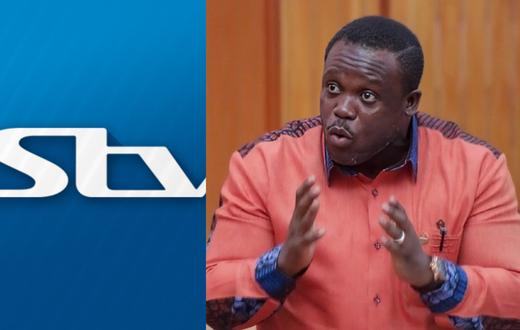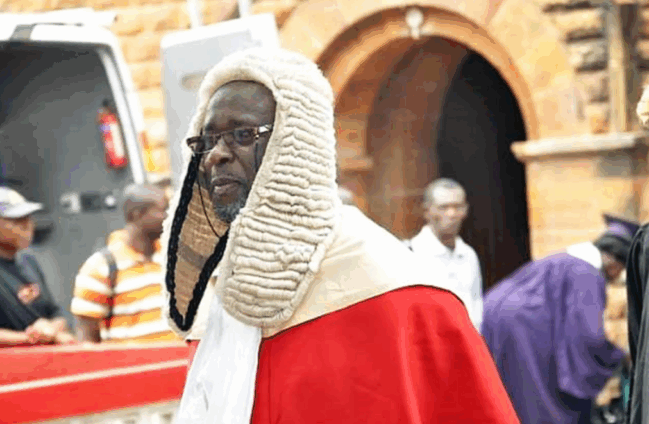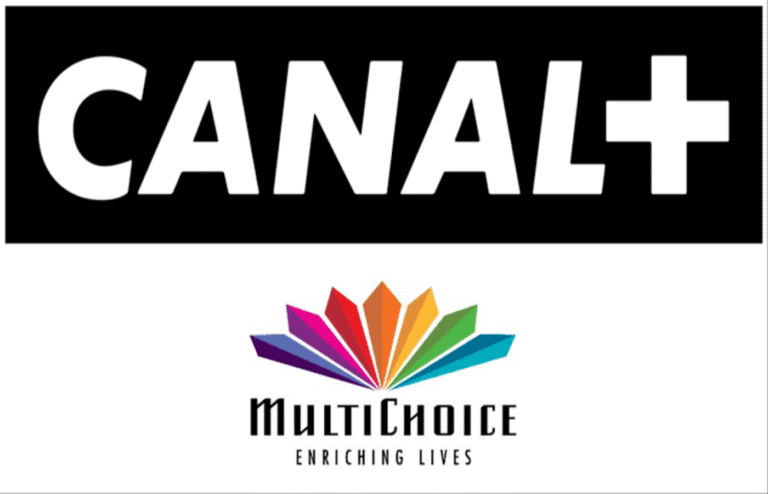Communications Minister Sam George has granted a one-week extension to the stakeholder committee reviewing DSTv pricing in Ghana.
The committee, which was inaugurated on September 8, 2025, was initially expected to present its findings earlier this week but will now submit its final report by Monday, September 29, 2025.
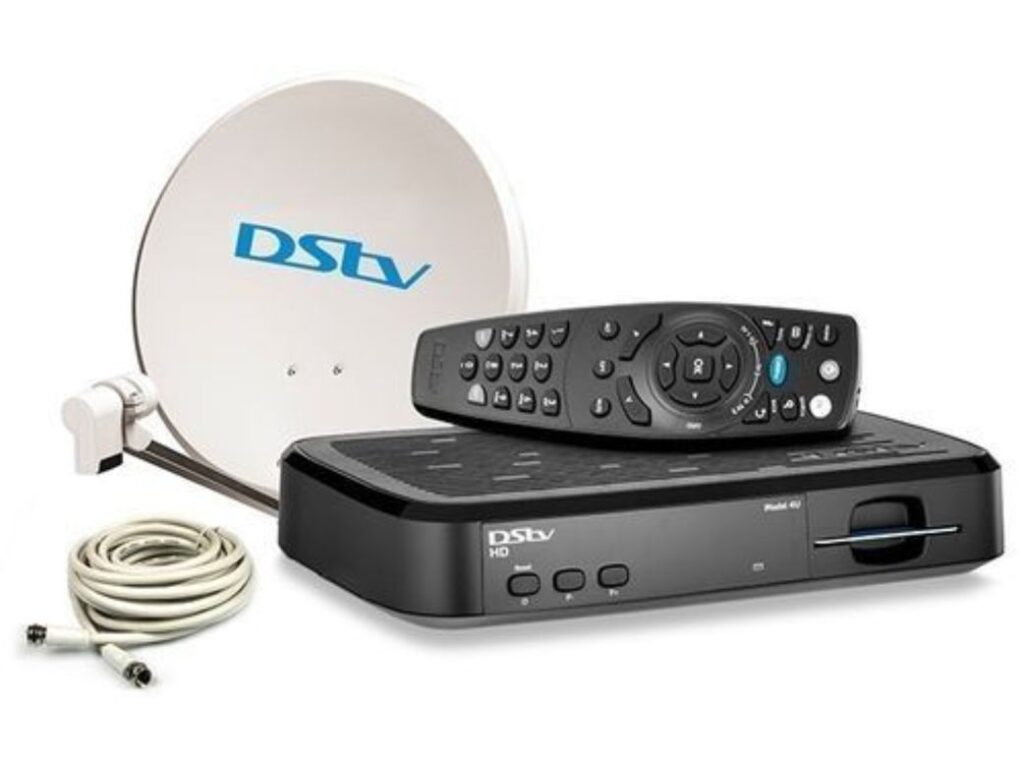
The National Communications Authority (NCA), in a statement issued on Tuesday, September 23, explained that the extension was necessary to allow the committee to complete its consultations and ensure that its recommendations address the Minister’s concerns regarding DSTv’s pricing structure in Ghana.
The committee’s mandate is to develop a shared understanding of how DSTv prices its services in Ghana and to propose commercially viable solutions acceptable to all parties. Additionally, it has been tasked with creating a roadmap to combat cross-border piracy of DSTv decoders and services, particularly from Nigeria into Ghana—a challenge that has long undermined the pay-TV industry.
According to the NCA, the committee has made “significant progress” since its inauguration, holding consultations with key stakeholders, including consumer advocacy groups, broadcasters, and representatives from DSTv. However, officials noted that additional time was required to harmonize the varying positions and finalize a comprehensive report.
The review comes at a time of heightened public debate about the affordability of DSTv subscriptions in Ghana. Many consumers have complained about the high cost of packages compared to other African markets, with advocacy groups pressing the government to intervene.
Earlier this year, Minister Sam George warned that DSTv could face regulatory sanctions, including the possible suspension of its operating license, if it failed to make its services more affordable for Ghanaians. He argued that price disparities between Ghana and neighboring countries were unfair, fueling calls for a thorough review of the pricing model.
The issue is further complicated by the problem of cross-border piracy. A significant number of Ghanaian households access DSTv services through illegally imported decoders from Nigeria, where subscription rates are comparatively lower. This not only undermines DSTv’s Ghana operations but also distorts the local pay-TV market.
The NCA emphasized that the committee’s work would provide a balanced framework that protects consumer interests while ensuring that service providers remain commercially sustainable. The outcome of the review is expected to guide future regulatory decisions, including whether DSTv will be required to adjust its subscription packages in Ghana.
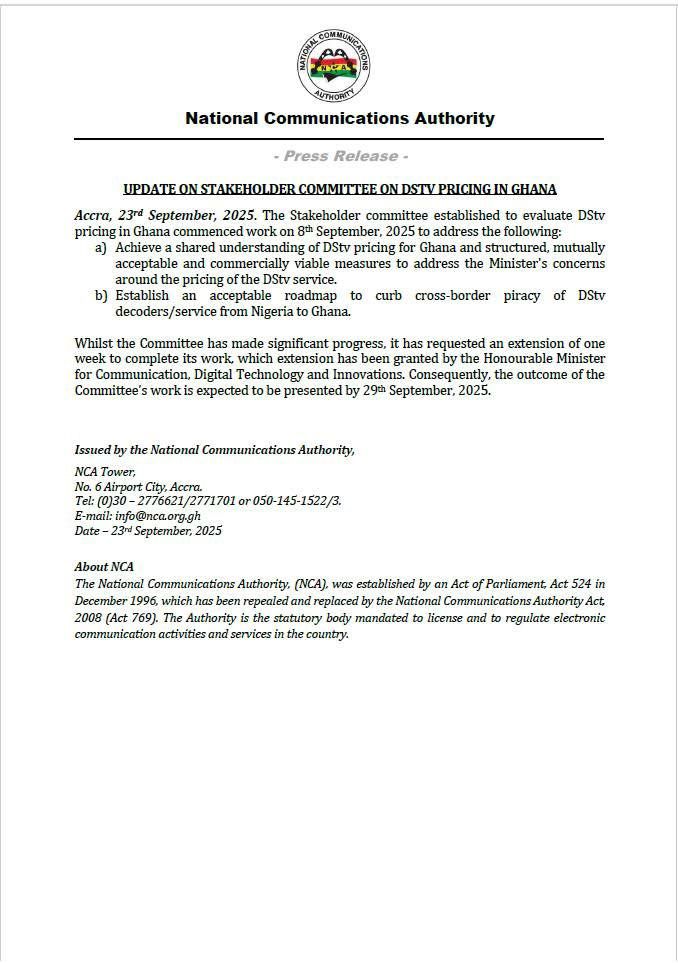
Stakeholders and consumer rights groups have welcomed the extension, noting that a rushed process could fail to address long-standing concerns. “It is important that the review leads to real change in pricing and accessibility for ordinary Ghanaians,” one advocacy leader remarked.
As the new deadline approaches, public attention remains fixed on whether the committee’s recommendations will bring tangible relief to Ghanaian households struggling with the rising cost of pay-TV services. The final report, due on September 29, is expected to outline concrete measures on pricing, regulation, and piracy control, setting the stage for potential reforms in Ghana’s broadcasting sector.

